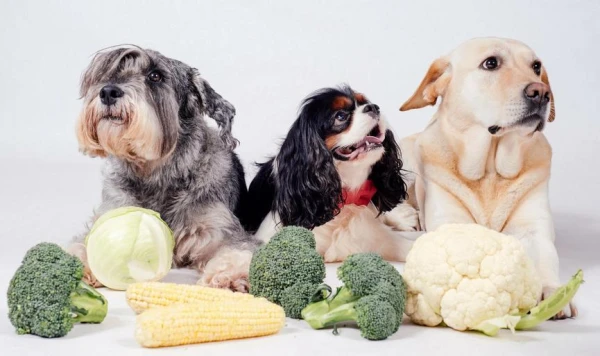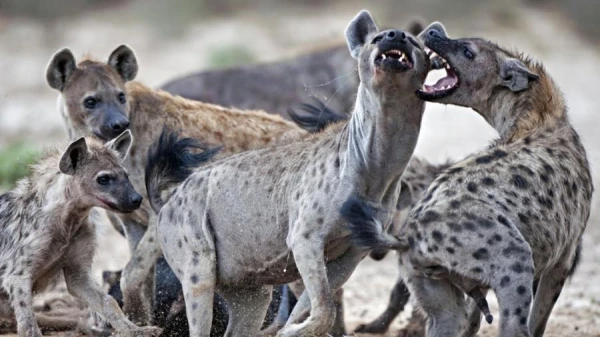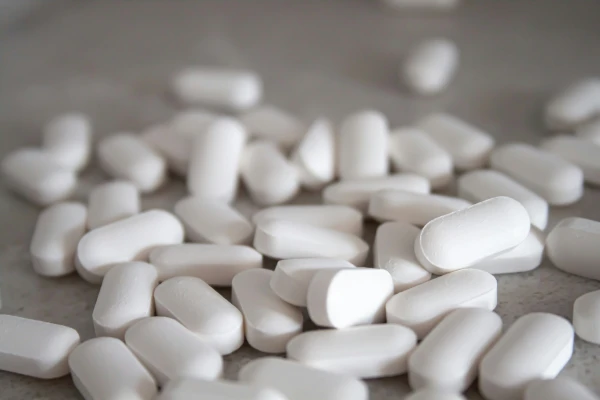
Scientists have answered the age-old question.
Scientists from the University of Helsinki have found that the choice between dry kibble and a natural diet can drastically change metabolic processes in dogs. Canine experts compared two fundamentally different approaches to nutrition, observing 46 Staffordshire Bull Terriers over a period of 4.5 months.
Which Food is Better
Dogs on a dry kibble diet, based on rice and corn, gained more weight than dogs on a raw diet. They also exhibited elevated blood sugar levels, high cholesterol, and triglyceride levels. Why do some dogs love balls so much?
Meanwhile, animals on a raw meat diet, rich in fats and proteins, showed a decrease in glucose levels and a reduction in cholesterol levels. They also experienced an increase in ketone bodies — an indicator of the shift to fat metabolism.
"The raw diet triggered a metabolic switch, where the body starts using fats as the primary source of energy," explains lead researcher Dr. Sara Holm.
Paradoxically, despite the high fat content in the diet, the cholesterol levels in these dogs decreased. This effect is also observed in humans on low-carbohydrate diets. Veterinarians compared vegan and meat-based dog foods: which ones are more nutritious?
Evolutionary Explanation
The study confirms that modern dry kibble, where up to 50% of calories come from carbohydrates, does not meet the biological needs of dogs. Their wolf ancestors historically consumed food predominantly consisting of proteins and fats.
"Our findings reflect research in human nutrition, where carbohydrate-rich diets are associated with the risk of metabolic disorders," notes the head of the DogRisk group, Dr. Anna Helm-Bjorkman.
In dogs on dry kibble, scientists observed a condition resembling the early stages of metabolic syndrome — a precursor to type 2 diabetes in humans. It seems that dogs can serve as valuable models for studying the link between diet and chronic diseases. The study does not offer a one-size-fits-all solution but emphasizes that the choice of diet is not just a matter of taste or convenience, but a fundamental decision that determines how the body will produce and utilize energy throughout the dog's life.















Leave a comment